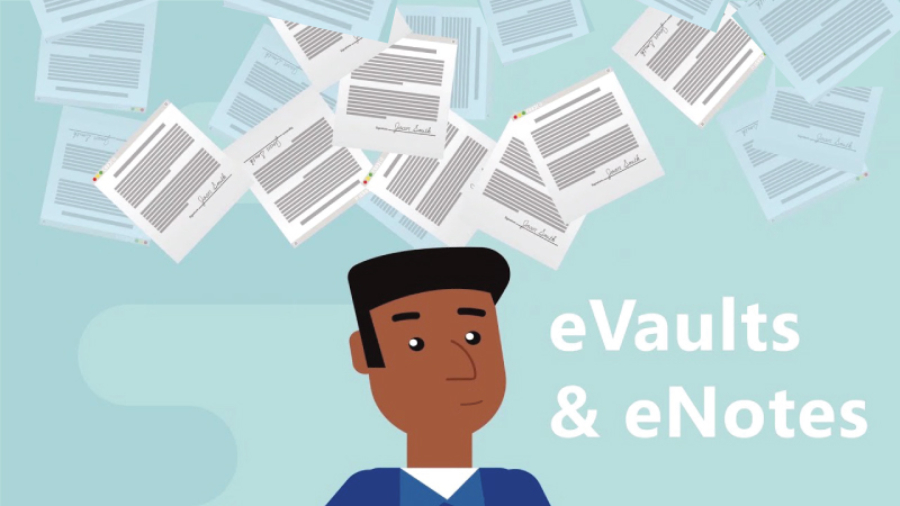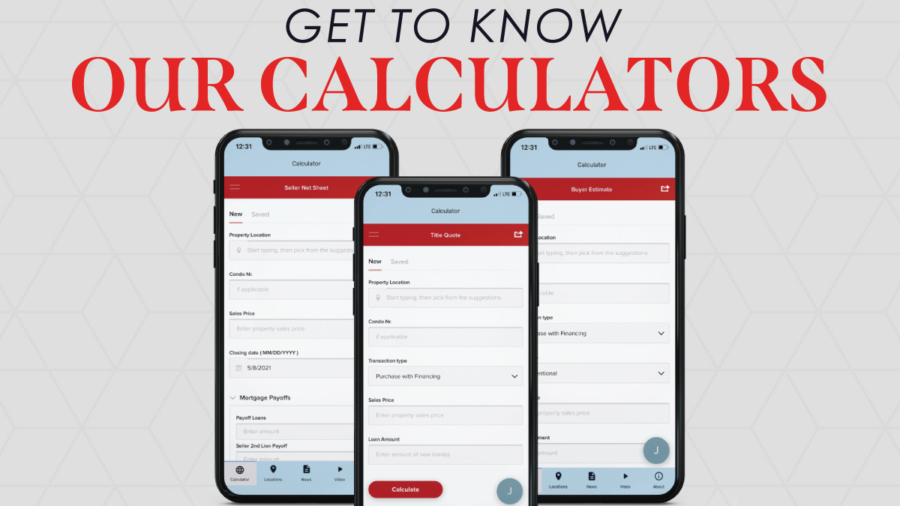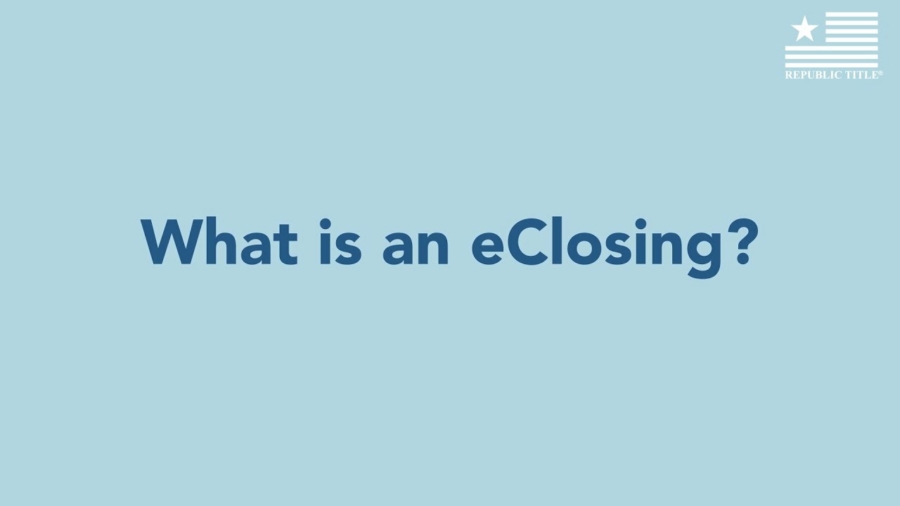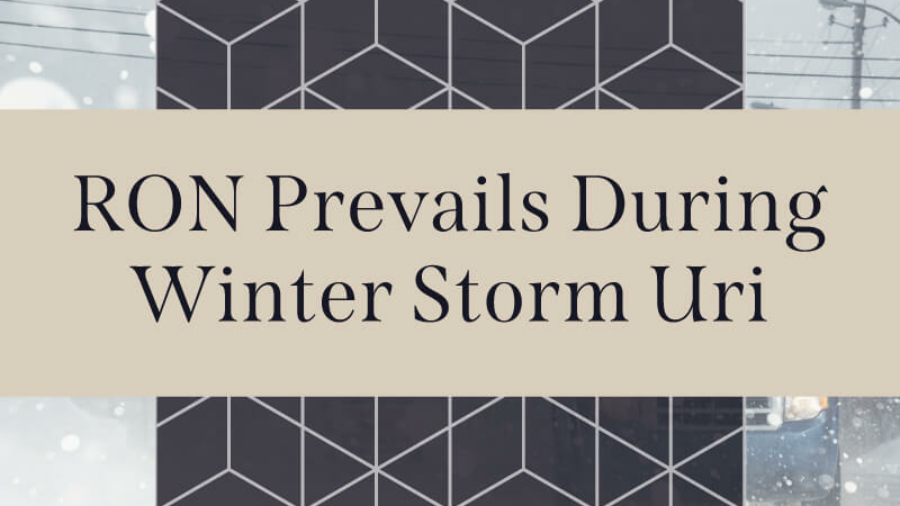We are continuing to celebrate National Homeownership Month which is a time to celebrate the benefits that homeownership brings to families and communities. In honor of National Homeownership Month, we have curated a list of our most popular homeownership resources for new homebuyers. Next up is our Lingo You Should Know.
When you are preparing to buy a home, there are many words that may be unfamiliar to you. This list of commonly used real estate terms is intended to help you in the home buying or selling process.
Adjustable rate mortgage (ARMs) – A home loan with an interest rate that can change periodically. This means that the monthly payments can go up or down. Generally, the initial interest rate is lower than that of a comparable fixed-mortgage rate. After that period ends, interest rates, and your monthly payments, can go lower or higher.
Amortization – The repayment schedule of a loan, including payments of principal (the original amount borrowed) and interest. An amortization schedule displays, in a table format, the amount of principal and interest included with each payment, along with the remaining loan balance.
Appraisal – The estimated value of a property based on a qualified appraiser’s written analysis. Banks typically require appraisals before issuing loans to ensure the estimated value of the property adequately supports the sales price and the loan being taken out by the Buyer.
Buyer’s Agent – A real estate agent who represents the interests of homebuyers.
Closing Costs – These refer to miscellaneous expenses (typically paid by the buyer) to close the deal. Expenses can include mortgage fees, recording fees, title insurance, transfer taxes, credit check fees, commissions, inspection fees, appraisal fees, and more.
Closing Disclosure – Final account of your loan’s interest rate and fees, mortgage closing costs, your monthly mortgage payment, and the total of all payments and finance charges. This document also notes the amount the Buyer has to bring to closing or the Seller will receive in proceeds.
Comps. – An abbreviation for “comparable properties,” which are used as a comparison in determining the current value of a property that is being appraised.
Contingencies – Particular conditions that must be met prior to closing a real estate transaction such as a home inspection (to ensure the home has no serious defects), a financing contingency (which releases a buyer from the sales contract if their loan falls through), or a contingency that a buyer must first sell their current home.
Deed – The legal document transferring ownership or title to a property.
Earnest money – Money that the Buyer deposits with the title company or directly with the Seller as a good faith gesture that they are serious about buying a home.
Escrow – A legal arrangement in which a third party temporarily holds large sums of money or assets until a particular condition has been met (e.g., the fulfilment of a purchase agreement).
Escrow Reserves – Funds collected as part of the borrower’s monthly payment and held in escrow for the payment of the borrower’s property taxes and/or homeowners insurance.
Executed – When a legal document has had its contents agreed upon by Buyer and Seller and signed by all parties to the document.
Final Walk-through – The last walk-through of the home before closing, after any inspections and agreed upon repairs are made.
Fixed-rate Mortgage – A loan with a fixed interest rate and payment amount for the duration of the loan repayment period. They are traditionally 30 years in length but can be issued for 15 years, 10 years, or another duration.
HOA Transfer Certificate – A document issued by a Property Owners Association or Condo Association (if applicable) that outlines the fees associated with the transfer of the property that are to be collected from the buyer and seller at closing.
Home Inspection – A thorough professional examination that evaluates the structural and mechanical condition of a property (plumbing, foundation, roof, electrical, HVAC systems, etc.) to identify problems with the house before purchasing. A pest inspection is also common as well as a pool inspection when applicable.
Homeowners Insurance – Insurance that covers losses and damages to an individual’s residence, along with furnishings and other assets in the home.
Home Warranty – An insurance on some of the items in your home that can lead to costly repairs when in need of work, such as, HVAC systems, appliances, and even pest control. Every policy is different, so read your policy well to see what is covered. The seller can provide a dollar amount towards a Home Warranty if it is selected and agreed upon within the contract.
Loan Approval – Loan Approval is given when the borrower has met all qualifications set by the lender and their file has gone through underwriting.
Mortgage Insurance Premium (MIP) – The amount paid by a borrower for mortgage insurance, either to a government agency such as the Federal Housing Administration (FHA) or to a private mortgage insurance (PMI) company.
Mortgage Lender – The lender providing funds for a mortgage. Lenders also manage the credit and financial information review, the property and the loan application process through closing.
Multiple Listing Service (MLS) — The MLS is a local organization that collects, catalogs and distributes home listings for sale and lease as well as data on past sales. Real Estate Agents get access to the MLS by being a paid member of the organization. Some of the information in the MLS is distributed to popular listing websites.
Offer – A formal request to buy a home. This is most often presented to a seller in the form of the contract and addenda required to purchase/sell a property that outlines all the terms and conditions of the offer.
Points – Prepaid interest on a loan, often equal to one percent of the loan amount.
Possession – Occupancy of the home by the buyer can happen at two different times, on closing or after closing. What this means is the buyer can get control and right of entry to the home on the day of closing or upon some later agreed upon date.
Pre-approval (loan) – A lender’s preliminary approval to grant a loan up to a specified amount (subject to receiving full documentation). Pre-approval for a loan strengthens a buyer’s negotiating position with a seller.
Pre-qualification – Less “official” than a mortgage pre-approval, banks offer (at no cost or obligation) pre-qualifications to estimate the amount a buyer may be able to borrow. It is often used early in a buyer’s search to help determine a reasonable price range.
Private Mortgage Insurance (PMI) – A monthly insurance payment that may be required if a buyer’s down payment is less than 20 percent of the home’s purchase price. It protects lenders against loss if a borrower defaults on their loan.
Rate Lock – An agreement in which an interest rate is “locked in” or guaranteed for a specified period of time prior to closing.
REALTOR® — This is a real estate agent who is also a member of the National Association of Realtors, meaning they uphold certain standards and codes of ethics.
Real Estate Broker — A real estate agent that has additional education, has passed the state broker’s exam, and meets minimum transaction requirements.
Sales Contract – A legal agreement between a buyer and seller to purchase real estate, for a specified price and terms, for a limited time period. This is the finalized and executed offer contract and addenda.
Seller’s Agent – The real estate agent who represents the seller of a piece of property. Their job is to act in the best interests of the seller, marketing their home to potential buyers, and negotiating on the seller’s behalf.
Survey – A drawing of your property prepared by a Registered Professional Land Surveyor that locates the boundary lines, any improvements, easements, building lines, encroachments of any structures or improvements over the property lines, easements or building lines on the property.
Survey Deletion Coverage – The Owner’s Title Policy contains a standard exception to: “Any discrepancies, conflicts, or shortage in area or boundary lines, or any encroachments or protrusions, or any overlapping of improvements.” When the Buyer purchases Survey Coverage, this standard exception is amended to remove everything except the words “shortages in area” and exceptions are added to exclude any matters currently shown on the survey from coverage in the Policy.
Title – Document that refers to your right of ownership and thus your ability to sell.
Title Insurance – Insurance purchased to protect against any unknown liens or debts that may be placed against the property as well as any claims by anyone else that they own or have any rights to your property that are not known or disclosed at closing.
Underwriting – The process used to determine loan approval. It involves evaluating the property and the borrower’s credit and ability to pay the mortgage.
To download the Lingo You Should Know resource, click here. To view other Home Buying Resources, visit the Resources page on our website.










